Are you an introvert with high-functioning anxiety? It can be hard to recognize the signs of this condition, especially since many other people tend to assume that anxiety and introversion are mutually exclusive.
But for some individuals, these two traits go hand-in-hand, often creating a unique set of challenges.
So how do you know if you’re an introvert with high-functioning anxiety? While everyone experiences different anxiety symptoms sometimes, there are some telltale indicators – from social anxieties to feelings of guilt or dread – most introverts have that might point toward underlying issues.
In this article, we’ll explore 14 common signs that could indicate high-functioning anxiety in an introverted individual.
From difficulty making decisions to physical manifestations such as headaches or stomachaches, understanding what your body is telling you is key to managing your mental health.
If any of these signs sound familiar, it may be time to talk to a professional about ways to cope with your mental health condition well.
1. You’re Always Prepared
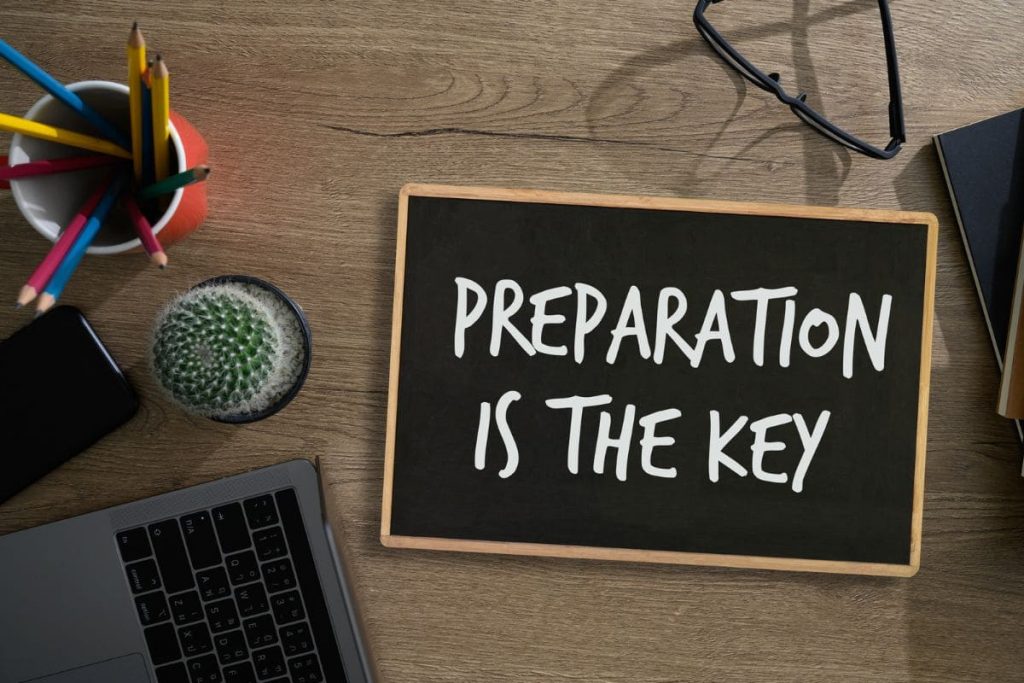
Do you often find yourself over-preparing for the worst-case scenario? Maybe you relate to the feeling of packing an extra set of clothes and toiletries in both your checked luggage and carry-on.
This irrational and excessive fear of something going wrong on a trip is a sign of high-functioning anxiety.
If you have high-functioning anxiety, it’s likely you always want to be prepared for any potential scenario.
Planning ahead allows you to both feel comfortable and more secure in your environment by reducing the amount of uncertainty. It’s important to remember that you are not responsible for every twist and turn of life.
2. You May Be Freaking Out On The Inside, But You’re Stoic On The Outside
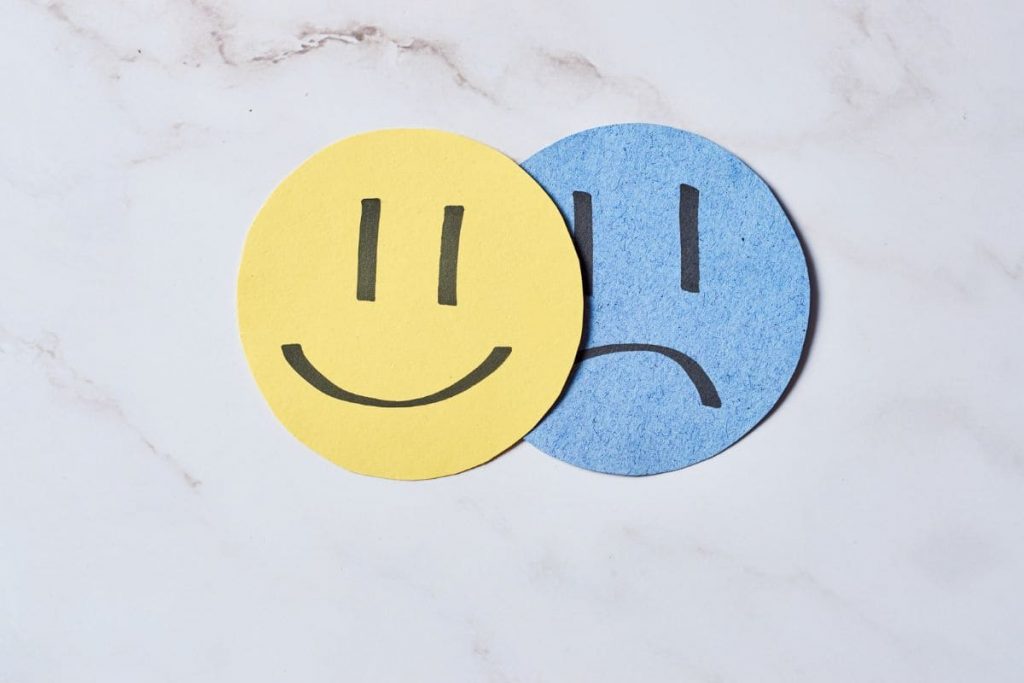
Despite the fact that anxious introverts tend to possess a high-functioning anxiety disorder, they tend to be incredibly resilient and can appear quite stoic when faced with social interaction.
While it may seem like these individuals are in control of social situation and their emotions on the outside, internally there is often a storm brewing beneath the surface.
This combination of traits makes it difficult for those around them to recognize how much turmoil an anxious introvert experiences as they navigate through life.
3. You Constantly Feel The Need To Be Doing Something

One study reveals that up to 71% of people with high-functioning anxiety feel the need to constantly be doing something.
This can manifest as an intense desire to overachieve or take on more tasks than is realistically possible, in order to avoid having idle down time alone, during which their anxious thoughts might run rampant.
As a result, these individuals often find themselves trying to achieve unrealistic expectations and goals within a short period of time, leading them to become easily overwhelmed by stress.
4. You’re Unsatisfied With Your Current Level Of Success

As our dear Miley Cyrus said in one of her songs: “There’s always gonna be another mountain I’m always gonna wanna make it move”.
The voice in the back of your mind isn’t always right. It keeps telling you that you should have achieved more, even if your accomplishments are considered impressive by society’s standards.
Socially anxious individuals tend to feel uncomfortable when praised and embarrassed or awkward in situations where they must take credit for something they’ve accomplished.
This leads you to compare yourself with others who seem to have it all together – fuelling the cycle of negative self-talk and perfectionism.
5. You Seek External Validation
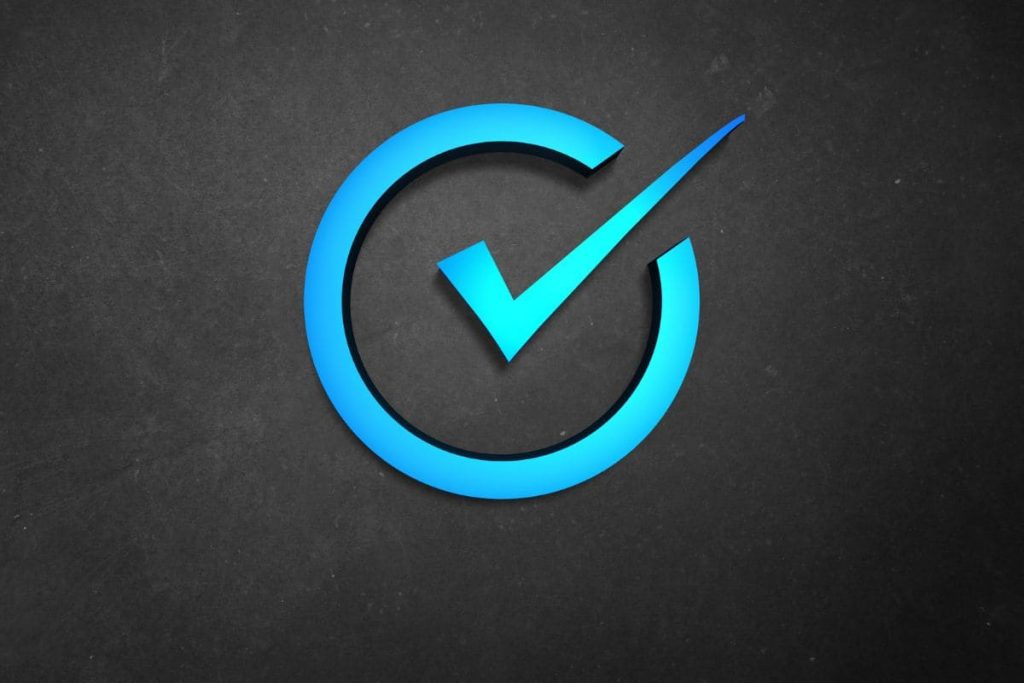
On top of the struggle to feel successful, many introverts with high-functioning anxiety can find themselves seeking external validation in order to bolster their own self-worth.
They may gravitate towards people who they believe will validate them and make them feel seen, only to be left feeling disappointed when these expectations are not met. This sense of disappointment can lead to further feelings of shame and insecurity.
6. You’re A Mystery To Others

You are quiet, and you don’t talk much when interacting with big groups but you have a sharp mind with a witty sense of humor.
You don’t let people easily into your world. Some people even say directly to your face, that you are weird.
How else would you describe such a person or personality? Well, mysterious could be a nicer word since the people who got the opportunity to get to know you enjoy your company and like spending time with you very much.
7. You Prefer To Suffer Silently

To avoid any forms of attention and human social interactions, you will even suffer silently and alone. Even if you know someone who could easily help you and ease your suffering.
That’s how little you want to go outside of your comfort zone. But on the other hand, it’s really difficult to open up to someone about difficult situations you find yourself in.
8. You’ve Built Your Life Around Avoidance

Here are some scenarios that show that you mastered the art of avoidance:
- Feel nervous calling someone? You would rather just send a text.
- It doesn’t get easier even when you have to answer calls from people you know. Your first instinct is to let it ring and wait for them to message you.
- You would replace almost all meetings with emails. Or a conference call without the camera being turned on.
- You have every app for ordering online installed and are a loyal user. God forbid going out for dinner instead of ordering online, paying for it with a card, and if possible avoiding the delivery person.
The list could get a lot longer but if you check more than one, welcome to the club.
9. You’re Prone To Rumination And Overthinking

This behavior is usually an unconscious act that we do without even realizing it, it’s important for us to recognize when these tendencies are taking over as they can quickly spiral into unhelpful thought patterns.
Especially late at night, instead of sleeping your mind starts analyzing every word you said to a random person five years ago. From now on, try to let go of these things sooner and don’t let them accumulate over time.
Try writing down your worries and fears. It helps to establish clarity around them so that you can begin processing them in a constructive manner rather than letting them remain disorganized within our heads where they just keep spinning round and round.
10. You Have Habits To Curb Your Anxiety

Now this one might be a little bit more advanced and requires discipline. Here’s a short list of habits:
- regular exercise plan,
- going to bed and waking up at the same time while getting enough sleep,
- limiting caffeine and alcohol intake,
- Practicing deep breathing and mindfulness meditation,
- Taking time for alone activities such as reading, writing, or listening to music.
- Eating a balanced, healthy diet
11. You Sometimes Talk To Fill A Void

As a result of your intense desire to connect with others, you sometimes find yourself talking just to fill the awkward void that tends to arise when there’s no conversation taking place in order to avoid feeling embarrassed about it.
The best way for introverts with high-functioning social anxiety to deal with these uncomfortable moments in social settings is by focusing on simply enjoying the company of those present rather than trying too hard to create conversations or impress everyone else.
This gives them space and freedom within a group setting while still allowing them to take part in social events without feeling self-conscious or anxious all the time.
12. You Startle Easily

It’s not all introverts who suffer from high-functioning anxiety, but those that do tend to startle easily. Even when simply thinking about a situation they may find themselves in can be enough to cause an overwhelming sense of fear just shyness and worry over what might happen if it goes wrong.
For most people, this sort of thing isn’t too much of a problem – but for someone with high-functioning anxiety, it can be a hard time mustering up the courage and confidence to take part or even just relax around others.
One way introverts with anxiety can combat these feelings significant nervousness is by focusing on deep breathing techniques that can help calm their nerves while also providing a distraction from any worrying thoughts that arise during social situations.
13. You Get Irritated And Stressed Easily

These feelings are normal for someone dealing with this type of social anxiety disorder and it’s important to take steps toward managing them better.
For instance, instead of trying to fix everything and everyone around you at once, focus on tackling one problem at a time so that progress can still be made without becoming too exhausted in the process.
Replace negative self-talk with positive affirmations – remind yourself that it’s okay to not always feel confident and capable because these emotions are natural responses given difficult circumstances.
Everyone is entitled to their own emotional state regardless of how much pressure they put on themselves; accepting this fact can make all the difference when struggling through tough times.
14. You Can’t “Just Stop It”
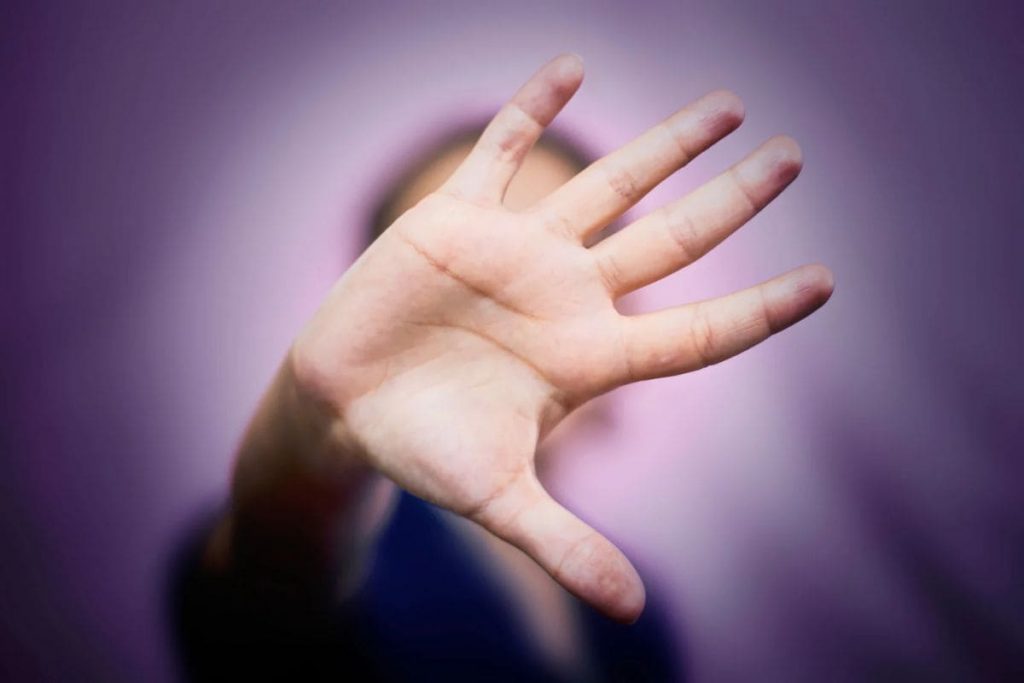
When dealing with high-functioning anxiety, it’s important to recognize that simply telling yourselves to “stop” feeling anxious is not going to be effective.
This type of self-talk can often lead to more stress and frustration because you are trying to force yourself into a state of calm when the reality is that this isn’t always possible.
Instead, focus on strategies that will help you manage your emotions in healthier ways – such as running, yoga, painting, and journaling can all act as wonderful forms of emotional release without needing to rely on external sources of comfort.
Conclusion
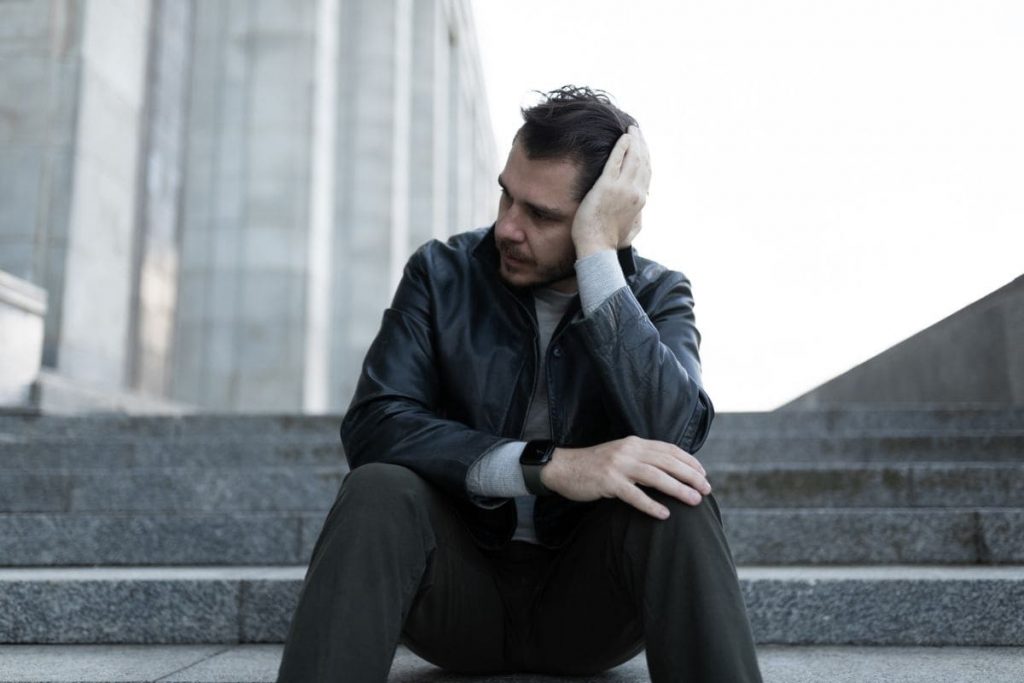
High-functioning anxiety can be difficult to manage and understand, especially for introverts. It is important to take time out of your day to relax and practice self-care.
It’s important to build relationships with people who understand and support you in managing your high-functioning anxiety.
With some trial and error, you can learn the best way to cope with your high-functioning social anxiety as an introvert.

